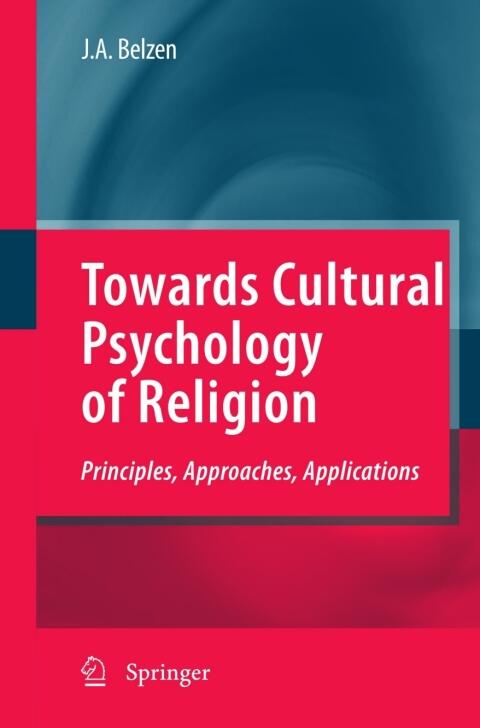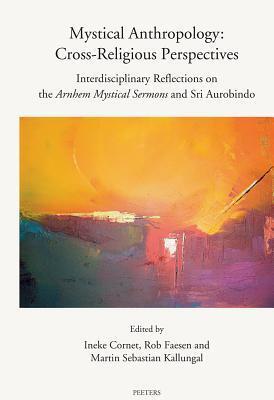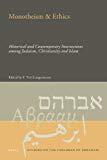
Aspects In Contexts. Studies In The History Of Psychology Of Religion.
작성자
Jacob A. Belzen
아직 평점이 없습니다
Religion & Spirituality
형식
하드커버
페이지
299
언어
네덜란드어, 플라망어
출판됨
Jan 1, 2000
출판사
Brill Rodopi
ISBN-10
9042015217
ISBN-13
9789042015210
설명
The exploration of the psychology of religion takes center stage in this scholarly work. It delves deep into the historical aspects that have shaped the interaction between psychological principles and religious beliefs throughout time. Jacob A. Belzen meticulously examines various contexts, presenting an intricate tapestry of how religious experiences and psychological interpretations have evolved.
Belzen's analysis is thorough, providing readers with a nuanced understanding of how religious phenomena are viewed through different psychological lenses. His examination covers not only historical developments but also the implications of these perspectives for contemporary discussions in the field. He engages with significant thinkers and movements, tracing the pathways that have influenced both psychology and religious practices.
The text invites readers to reflect on the complex relationship between faith and psychological theories, shedding light on the underlying mechanisms at play. Each chapter serves as a testament to the intricate dance between individual belief systems and broader psychological frameworks.
With careful attention to historical detail and a commitment to academic rigor, this volume is a valuable contribution to the ongoing discourse in the psychology of religion, appealing to scholars and those interested in the interplay of faith and psychology.
Belzen's analysis is thorough, providing readers with a nuanced understanding of how religious phenomena are viewed through different psychological lenses. His examination covers not only historical developments but also the implications of these perspectives for contemporary discussions in the field. He engages with significant thinkers and movements, tracing the pathways that have influenced both psychology and religious practices.
The text invites readers to reflect on the complex relationship between faith and psychological theories, shedding light on the underlying mechanisms at play. Each chapter serves as a testament to the intricate dance between individual belief systems and broader psychological frameworks.
With careful attention to historical detail and a commitment to academic rigor, this volume is a valuable contribution to the ongoing discourse in the psychology of religion, appealing to scholars and those interested in the interplay of faith and psychology.

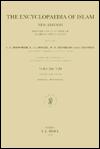


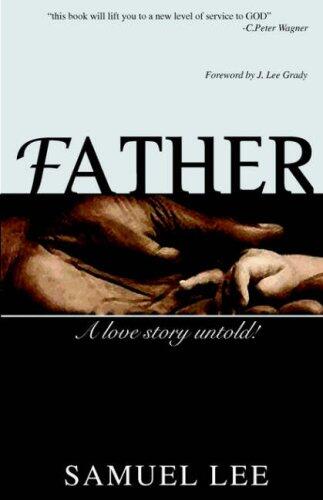
![[Ethical Principles and Economic Transformation - A Buddhist Approach (Issues in Business Ethics)] [Author: x] [May, 2011]](https://images.bookpine.com/bd815e9c-ead9-4e64-bfb5-aea659b2460b.jpg)

